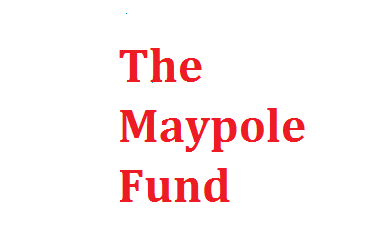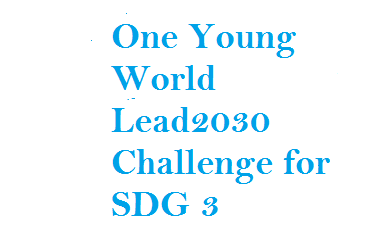- Six Reasons To Bring Millets To The Market!
- Hong Kong Court Makes Landmark Ruling Protecting Transgender Rights
- Substrate Promiscuity Of Fungi Generated Enzyme Laccase Shows Potential In Degrading Industrial Dye Effluents
- Union Minister Of Rural Development Holds A Meeting On ‘Cactus Plantation And Its Economic Usage’
- Ministry Of Tribal Affairs Organised One Day Mega Health Camp ‘Abua Bugin Hodmo-Our Better Health’ At Saraikela Kharsawan, Jharkhand
- Blue Flag Standards For Beaches In The Country
- India-Namibia Sign An MoU On Wildlife Conservation And Sustainable Biodiversity Utilization
- Hydrophobic Ingredients, In Combination With Obsolete Antibiotics, Can Counter Multidrug-Resistant Bacteria
- Promoting Cultivation Of Kala Namak Paddy
Maternal mortality drops to 130, Kerala top, big improvement in backward states
Posted by: 2018-06-07 08:54:13 ,By Admin
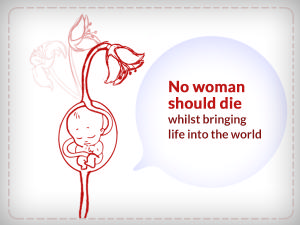
NEW DELHI: India has registered significant improvement in an area where it has lagged — maternal deaths have reduced from 167 in 2011-13 to 130 (per 100,000 live births) in 2014-16 with Kerala leading the table, according to new data released by the registrar general of India.
The maternal mortality ratio (MMR) provides a measure of the quality of safe deliveries and maternal care and India's healthcare services have lagged in this respect in comparison to neighbours like China, Sri Lanka and Maldives.
The decline has been most significant in the "empowered action group (EAG)" states and Assam, from 246 to 188, in the last three years. These are states where economic and development indicators are a particular concern, like Bihar, Chhattisgarh, Jharkhand, Madhya Pradesh, Odisha, Rajasthan, Uttarakhand and Uttar Pradesh.
Among the southern states, the decline is from 93 to 77 and in the other states from 115 to 93. The heartening statistics point to steady gains, likely linked to more focused efforts to improve maternal care and rising number of institutional deliveries and more attention to health protocols.
As compared to other states, MMR continues to be substantially high in EAG states despite the drop. Assam still recorded the highest maternal death ratio at 237, though down from 300 in 2011-13. Similarly, UP and Uttarakhand registered an MMR of 201, down from 285 in the last three years.
Kerala has turned in a stellar performance, in what can be seen as evidence of a robust public health system as well as high levels of education and awareness, with the lowest MMR of 46, falling from 61 in 2011-13.
Apart from Kerala, Tamil Nadu and Andhra Pradesh also performed well after recording MMR of 66 and 74, respectively.
Maternal and child mortality and morbidity are considered key health indicators as they reflect the state of female healthcare. Over the years, the government has taken initiatives to improve these health indicators. India has reduced its maternal mortality by over 69 per cent since 1990, though it still has some catching up to do with better-performing Asian countries. Despite this, India, along with Nigeria, accounted for one-third of the global maternal deaths in 2015.
India ranks 129 among 184 nations on maternal mortality and 145 out of 193 nations on infant mortality, according to the World Bank.
The gap in maternal healthcare between urban and rural areas is often blamed for the overall poor scores and the inequalities are also evident through varying maternal mortality ratios across country.
The health ministry has introduced as well as expanded coverage of various schemes to address these challenges, with its main focus on remote areas. It has also started some new schemes to provide care to women at different stages of pregnancy and increase institutional deliveries to prevent deaths.
"After the launch of the National Rural Health Mission in 2005, significant improvements have taken place in building the health infrastructure in the country," a senior health ministry official said.
The Janani Suraksha Yojna, or the maternity benefit scheme, has brought about a surge in institutional deliveries and financial uptakes in most states. Besides, the Rashtriya Kishor Swasthya Karyakram focuses on adolescent health and improving nutritional status and "Partnerships and Opportunities to Strengthen and Harmonise Actions for Nutrition (Poshan)" aims at community-based management of malnourished children.
Globally, the annual number of maternal deaths per 100,000 live births dropped by 44 per cent between 1990 and 2015 — from 385 to 216. The sub-Saharan African region accounted for an estimated 66 per cent (201,000) of global maternal deaths, followed by southern Asia at 22 per cent (66,000 deaths). In fact, only 5 per cent of the world's countries accounted for 59 per cent of the total maternal deaths globally.
Read more: Click Here
You may like similar news
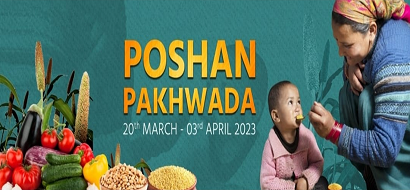
5th Poshan Pakhwada celebrations begin
The Ministry of Women and Child Development will celebrate the fifth Poshan Pakhwada from 20th March...
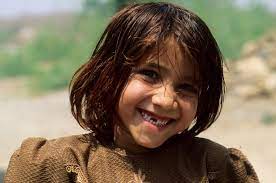
WHO highlights oral health neglect affecting nearly half of the world’s population
A new Global Oral Health Status Report published today by the World Health Organization (W...
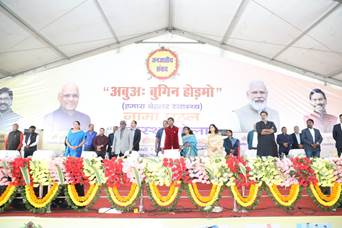
Ministry of Tribal Affairs organised One Day Mega Health Camp ‘Abua Bugin Hodmo-Our Better Health’ at Saraikela Kharsawan, Jharkhand
Main Highlights: This is the second successful mega health camp to offer improved healthcare serv...
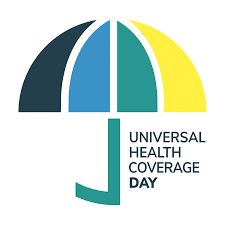
Celebration of Universal Health Coverage (UHC) Day 2022 at Varanasi on 10th December
Union Ministry of Health & Family Welfare is organizing a two days conclave commemorating the &l...
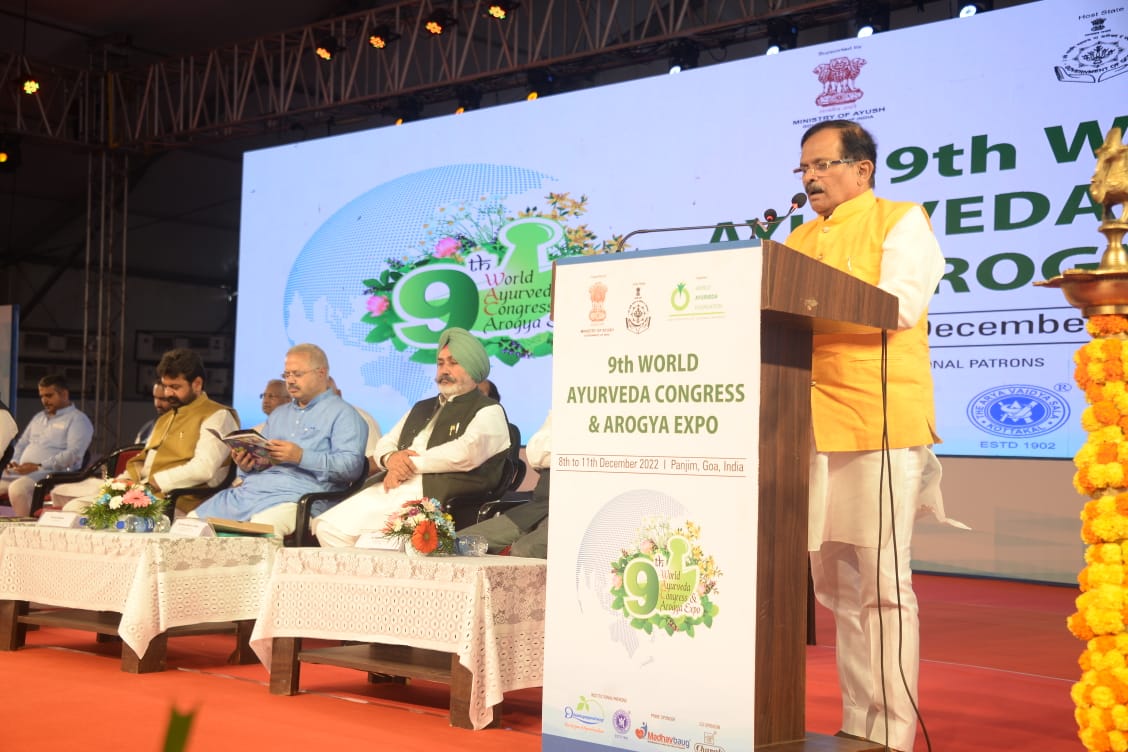
9th World Ayurveda Congress and Arogya Expo 2022 inaugurated in Goa
9th World Ayurveda Congress (WAC) was inaugurated today at Panaji, Goa in the presence of Union Mini...


